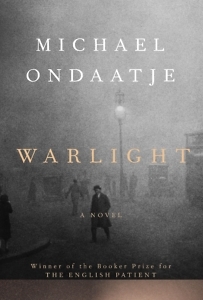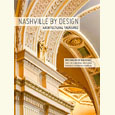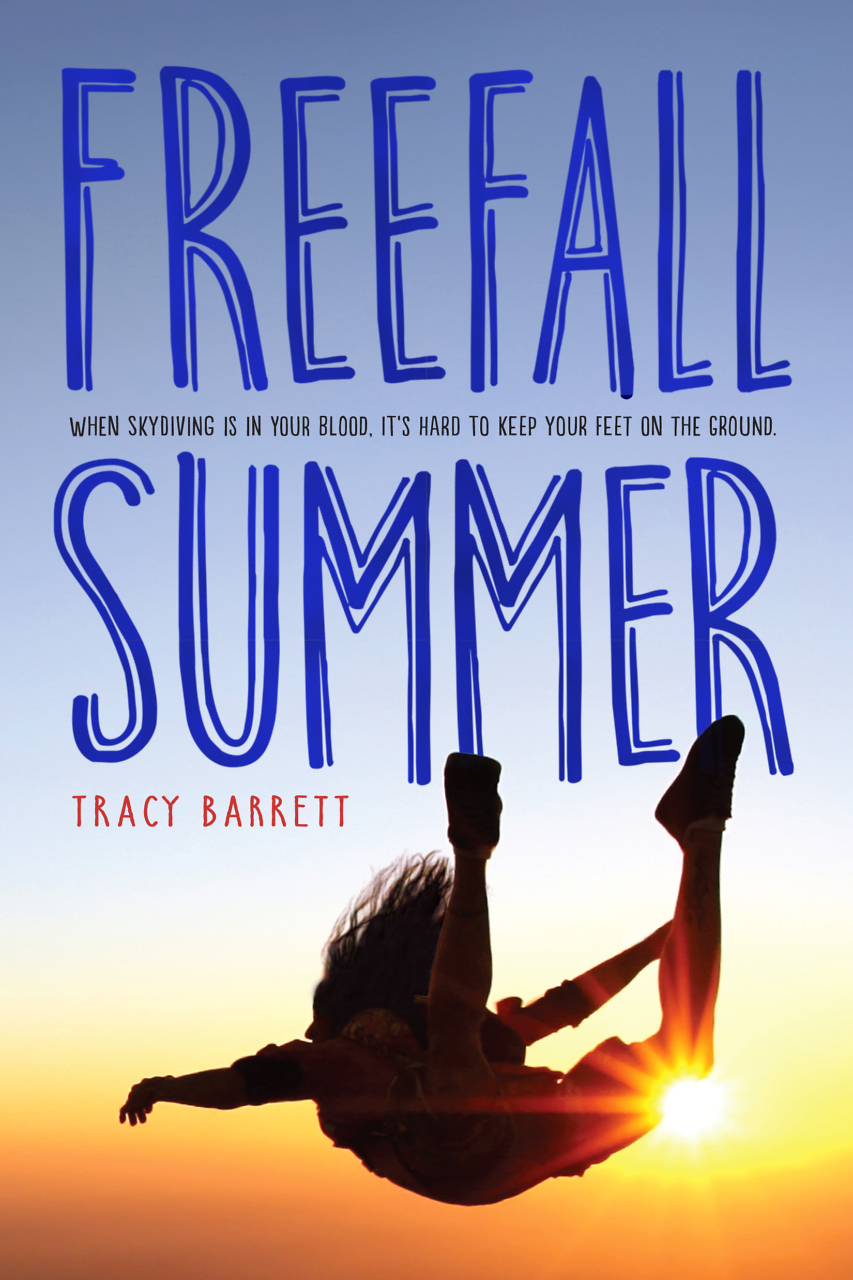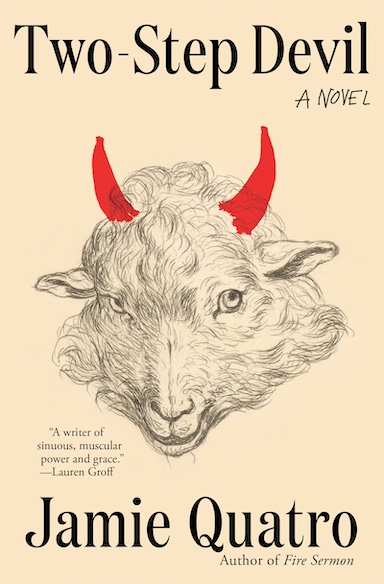How Much Damage Did I Do?
In Warlight, Michael Ondaatje delivers a literary mystery and a meditation on the power of memory
“In 1945 our parents went away and left us in the care of two men who may have been criminals.” Thus begins Michael Ondaatje’s newest novel, Warlight. The book is an engrossing literary mystery with echoes of his most famous work, The English Patient, which won the Booker Prize and was adapted into one of the most acclaimed and beloved films about love and war since Casablanca. Though Warlight eschews The English Patient‘s romantic settings for the begrimed streets of London after the Blitz, Ondaatje leans on a host of the earlier book’s more memorable elements: love and betrayal, espionage, cartography, theft and the smuggling of contraband, secrets and lies, and the physical and psychological scars of war.

Warlight shifts perspectives from the illicit passion which turns the gears of plot for The English Patient. This novel focuses instead on a grown man’s investigation of a childhood surrounded by adult drama. The great danger to which the narrator, Nathaniel, and his sister, Rachel, were exposed has remained largely obscured until an instance of horrific violence rips the scales from their eyes. “You return to that earlier time armed with the present, and no matter how dark that world was, you do not leave it unlit,” Ondaatje writes. “You take your adult self with you. It is not a reliving, but a rewitnessing. Unless of course you wish, like my sister, to damn and enact revenge.”
The children have been left to Walter, whom they come to call “The Moth,” and his friend Norman, or “The Darter.” The Moth keeps company with a cast of eccentrics whom Nathaniel finds both dubious and charming. The Darter employs Nathaniel in his illicit scheme to smuggle greyhounds into London for rigged races at the burgeoning dog tracks. Nathaniel likes the action, but he also feels a sense of kinship with the contraband dogs: “Like them we had broken free, adapting to fewer rules, less order. But what had we become? When you are uncertain about which way to go as a youth, you end up sometimes not so much repressed, as might be expected, but illegal, you find yourself easily invisible, unrecognized in the world.”
Michael Ondaatje has conjured up that all-too rare alchemy of both critical and popular acclaim, thanks to a gift for combining exquisitely lyrical explorations of identity and human psychology with tense, propulsive plots in which questions beg to be answered and danger lurks around every corner. In Warlight, he peels back the layers slowly; the beauty and resonance of his sentences encourage patient reading.
 The central mystery, of course, is why Nathaniel and Rachel’s parents have left them with The Moth, and what has become of them. The children were told their parents have gone to Singapore for their father’s work. But early on, they discover their mother’s steamer trunk in The Moth’s house; it’s clear she isn’t keeping house in Singapore. Where is she, and what has she been doing? Why has she left them behind, and why with The Moth, of all people?
The central mystery, of course, is why Nathaniel and Rachel’s parents have left them with The Moth, and what has become of them. The children were told their parents have gone to Singapore for their father’s work. But early on, they discover their mother’s steamer trunk in The Moth’s house; it’s clear she isn’t keeping house in Singapore. Where is she, and what has she been doing? Why has she left them behind, and why with The Moth, of all people?
Michael Ondaatje has a rare gift, one bestowed on only the masters: the ability to interweave themes of global political consequence with an exploration of the human heart’s intricacies and the damage we do to each other in contexts both sweeping and acutely personal. Warlight‘s second half, narrated after the aforementioned explosion of violence, unpacks the novel’s mysteries in a manner both satisfying and heartbreaking, as Nathaniel comes to terms with what he has done and what he didn’t know.
“The only hope given us, although in retrospect, is that we change,” Nathaniel says. “We learn, we evolve. What I am now was formed by whatever happened to me then, not by what I have achieved, but by how I got here. But who did I hurt to get here? Who guided me to something better? Or accepted the few small things I was competent at? Who taught me to laugh as I lied? And who was it made me hesitate about what I had come to believe about The Moth? Who made me move from just an interest in ‘characters’ to what they would do to others? But above all, most of all, how much damage did I do?”
The luminous truths Ondaatje unfolds in answering these questions linger long after the turning of the last page of this rich, moody novel—one which may shape up to be its celebrated author’s masterpiece.

Ed Tarkington’s debut novel, Only Love Can Break Your Heart, was published by Algonquin Books in January 2016. He lives in Nashville.


